REVIEW**AP World History - Strayer Chapter 4
1/40
There's no tags or description
Looks like no tags are added yet.
Name | Mastery | Learn | Test | Matching | Spaced |
|---|
No study sessions yet.
41 Terms
Legalism
A Chinese philosophy distinguished by an adherence to clear laws with vigorous punishments.
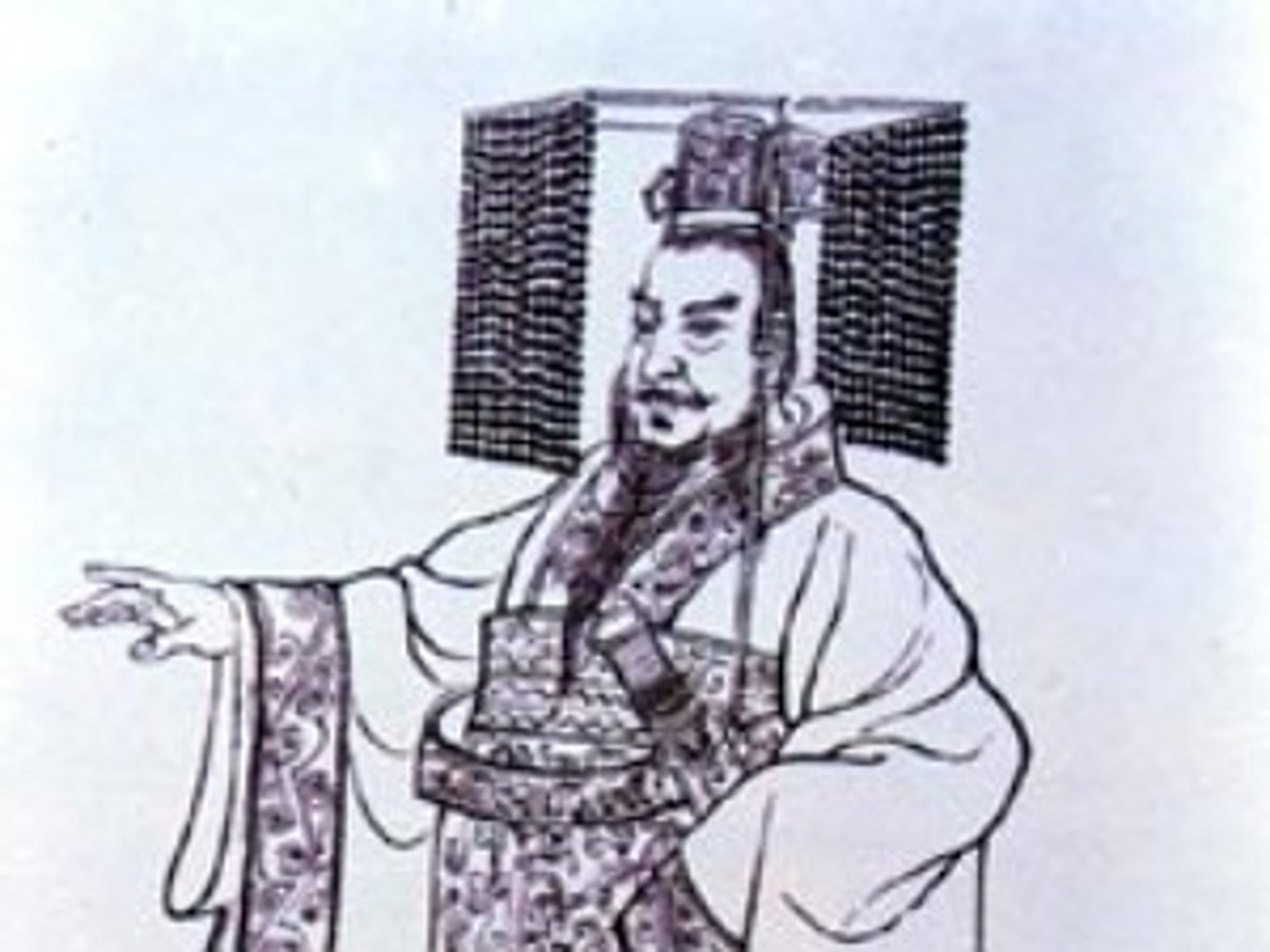
Confucius (Kong Fuzi)
The founder of Confucianism (551-479 B.C.E.); an aristocrat of northern China who proved to be the greatest influence on Chinese culture in its history.
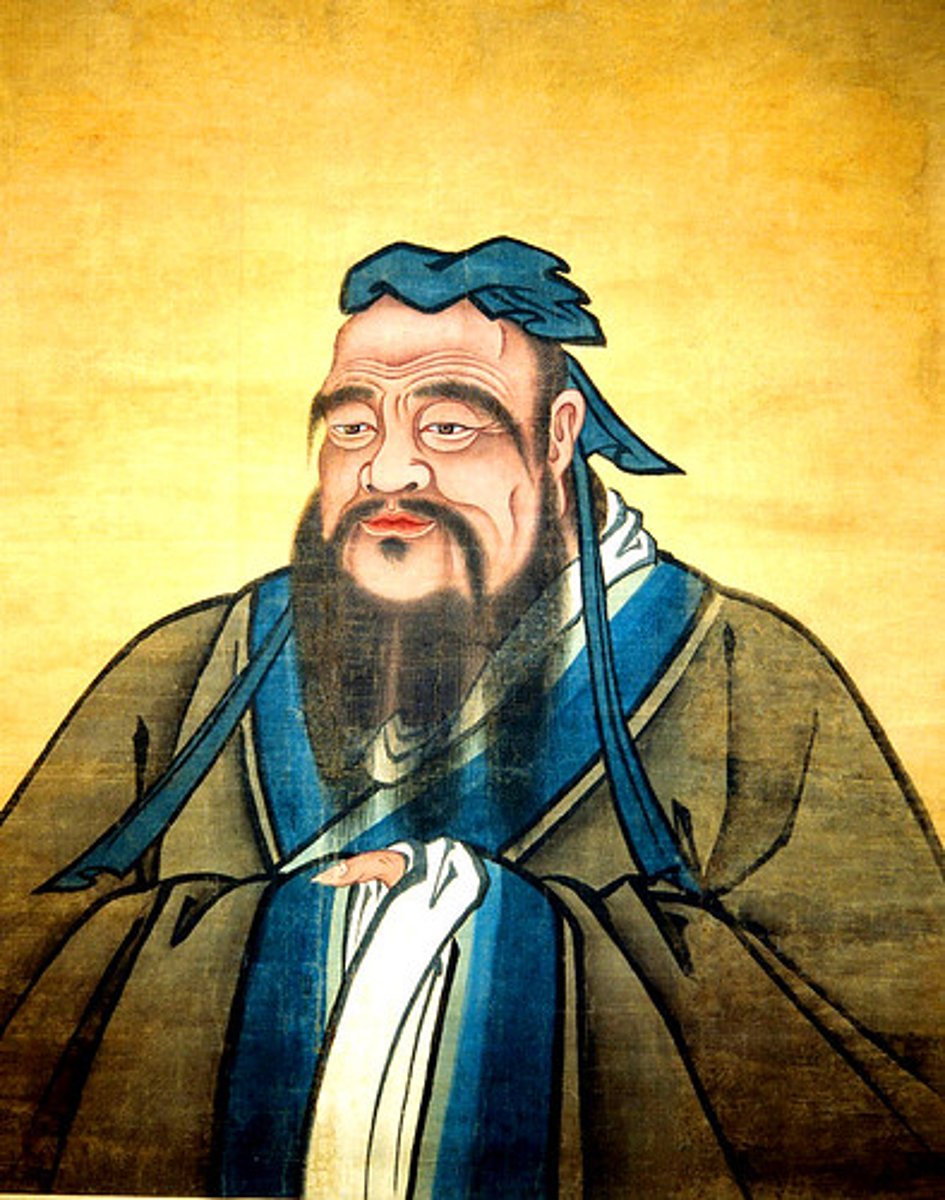
Ban Zhao
A major female Confucian author of Han dynasty China (45-116 C.E.) whose works give insight into the implication of Confucian thinking for women.

Daoism
A Chinese philosophy/popular religion that advocates simplicity and understanding of the world of nature, founded by the legendary figure Laozi.
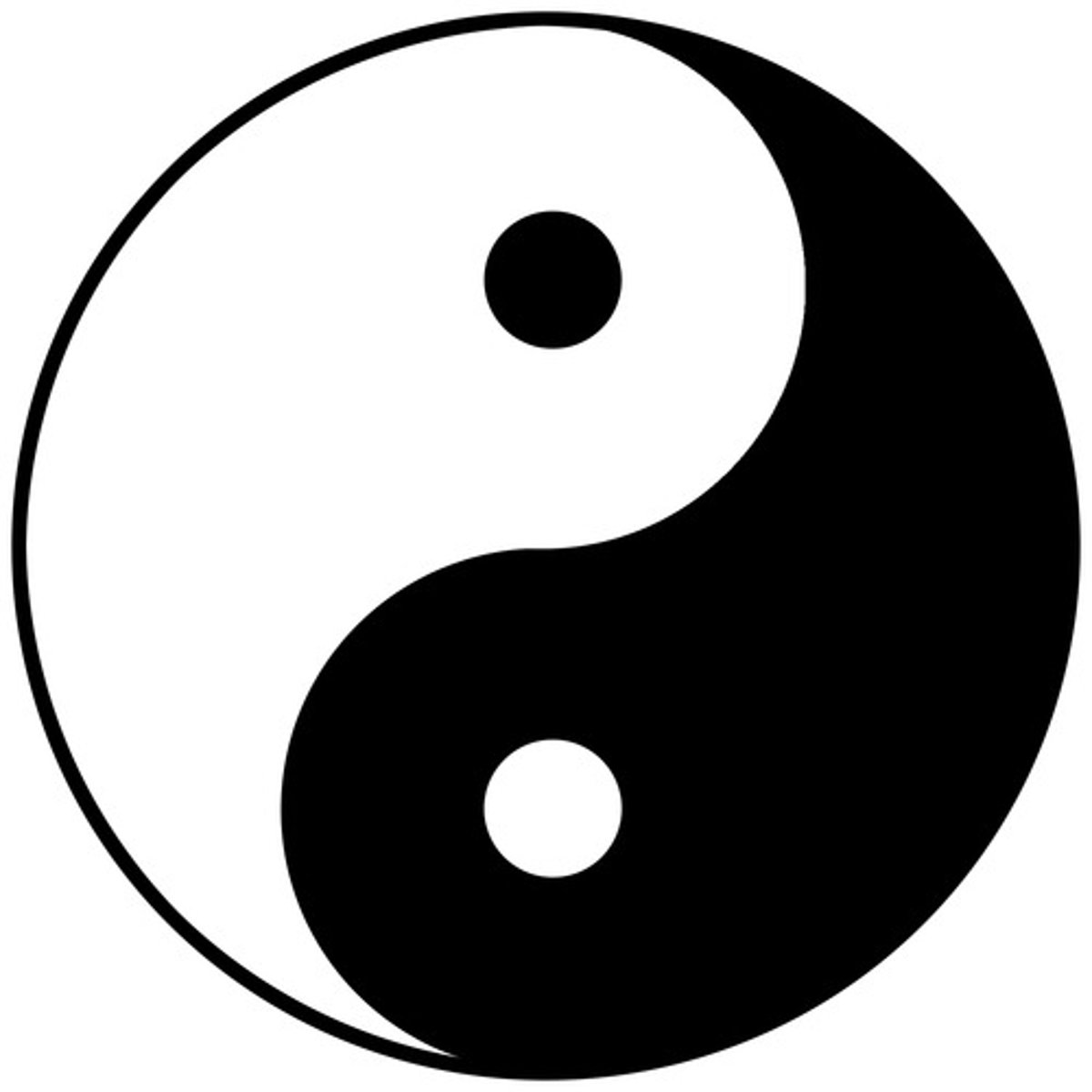
Upanishads
Indian mystical and philosophical works, written between 800 and 400 B.C.E.
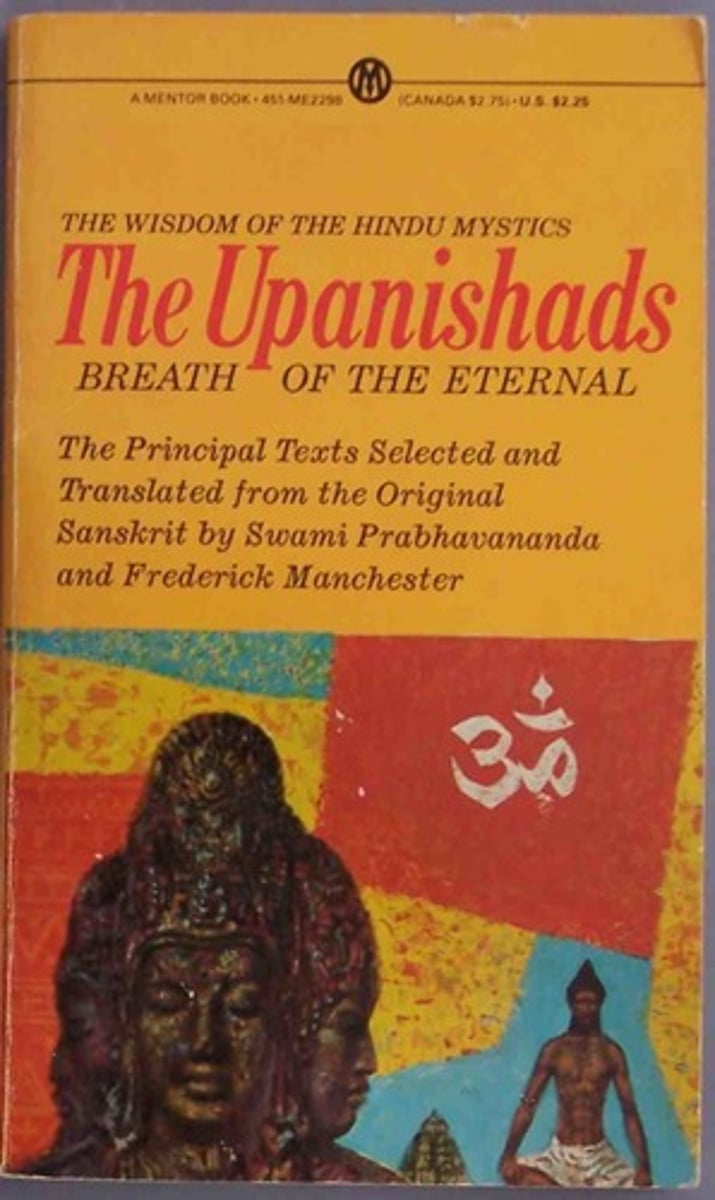
Vedas
The earliest religious texts of India, a collection of ancient poems, hymns, and rituals that were transmitted orally before being written down ca. 600 B.C.E.
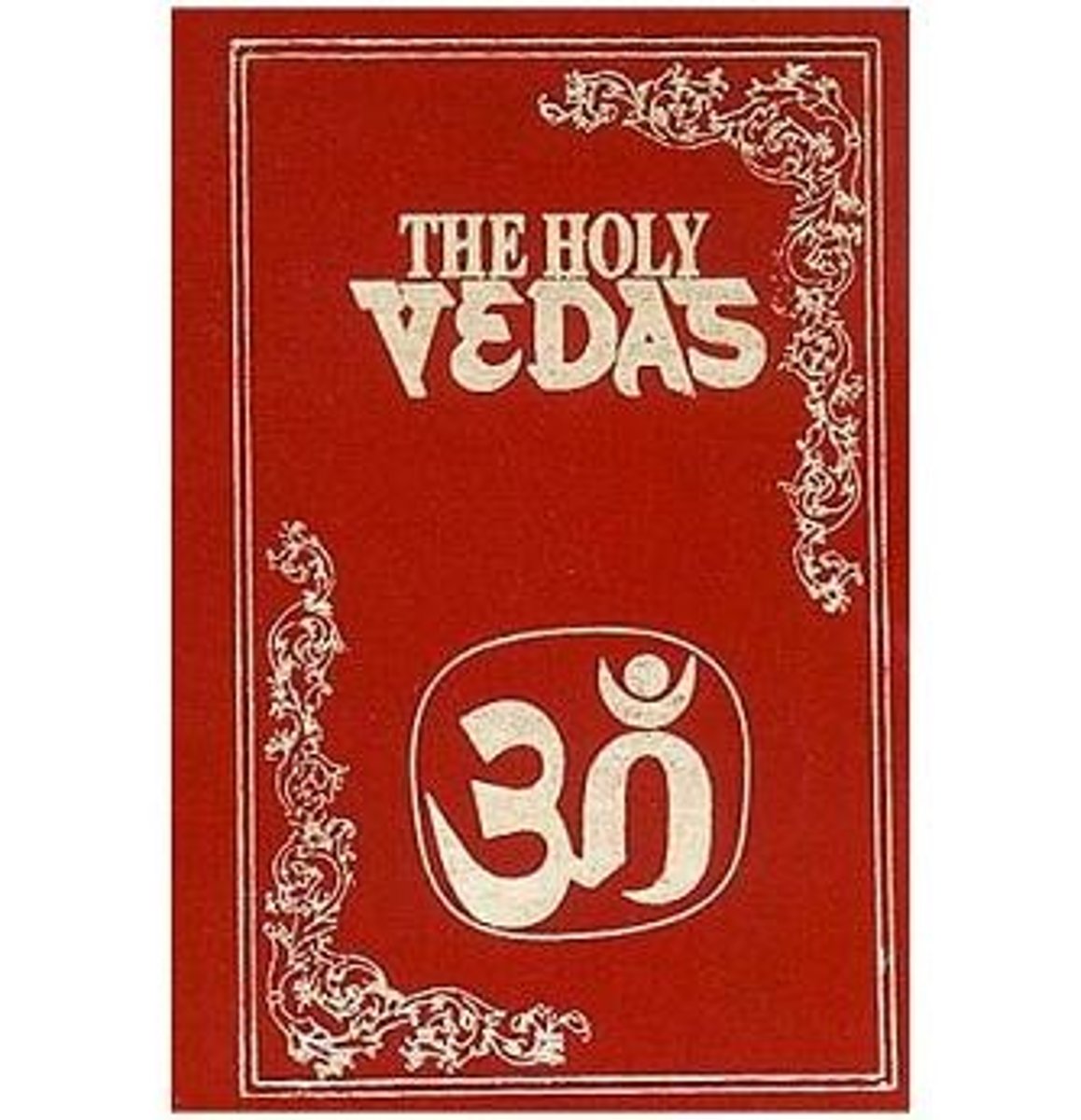
Aristotle
A Greek polymath philosopher (384-322 B.C.E.); student of Plato and teacher of Alexander the Great.
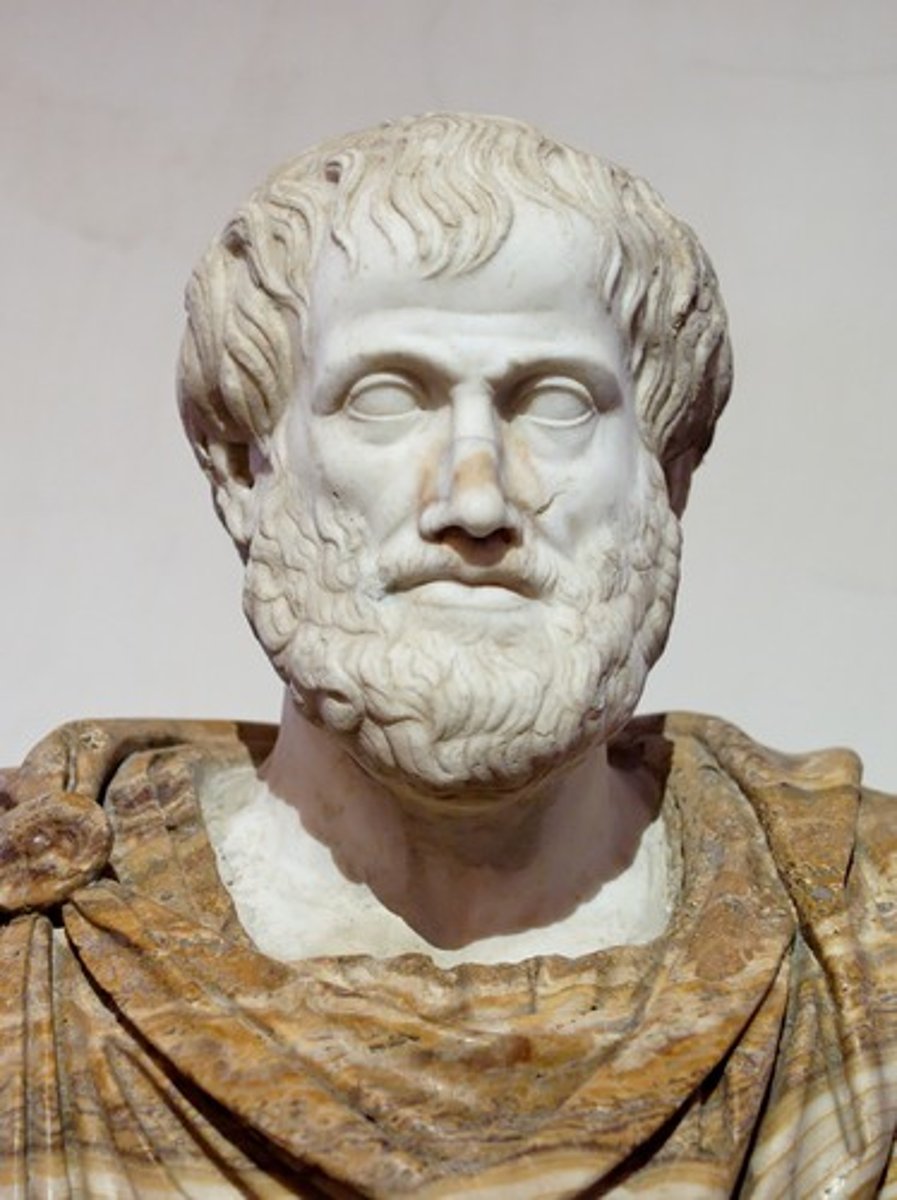
Theravada
"The Teaching of the Elders," the early form of Buddhism according to which the Buddha was a wise teacher but not divine and which emphasizes practices rather than beliefs.
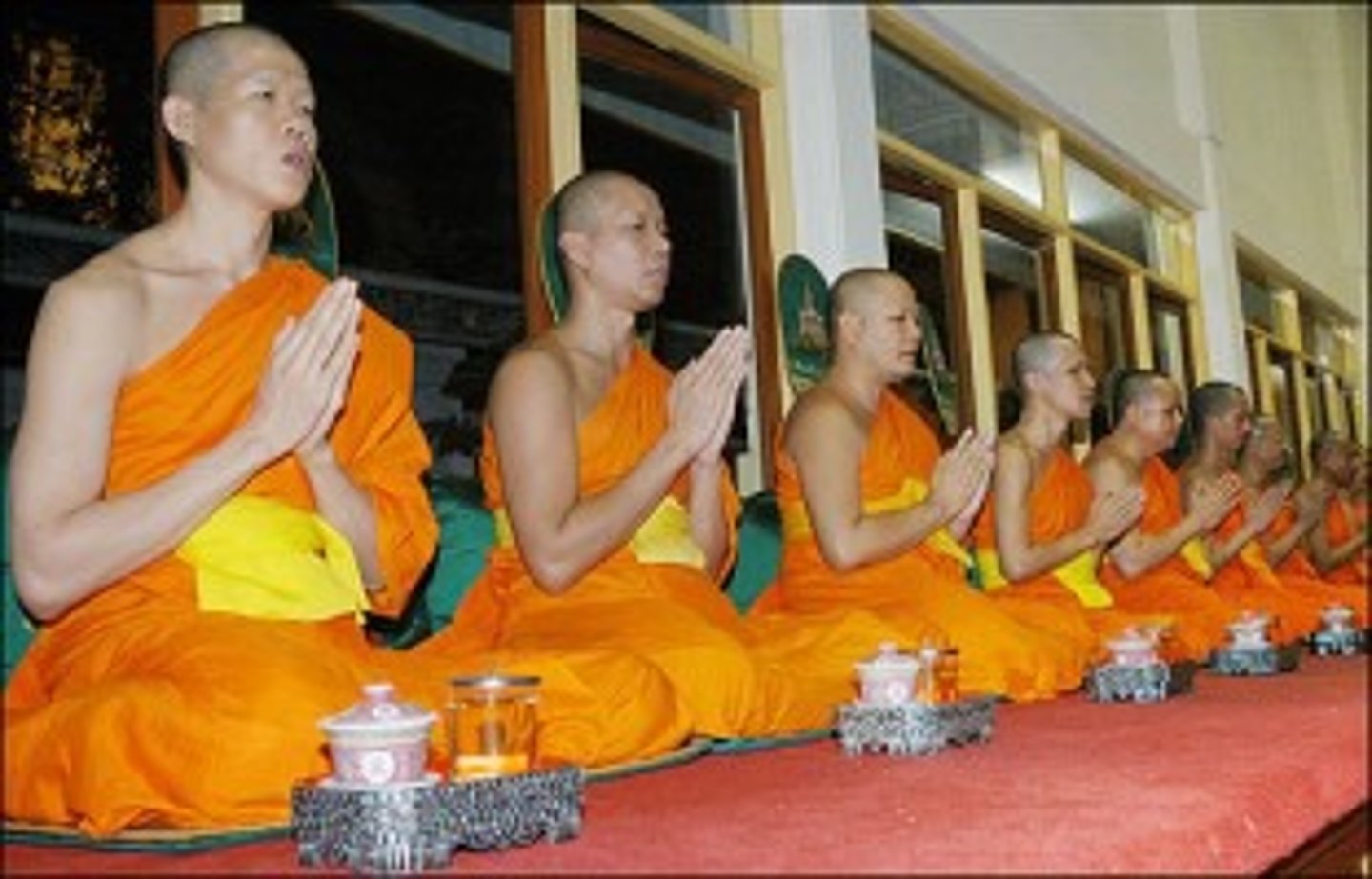
Buddhism
a religion, originated in India that believes life is full of suffering caused by desire and that the way to end this suffering is through enlightenment
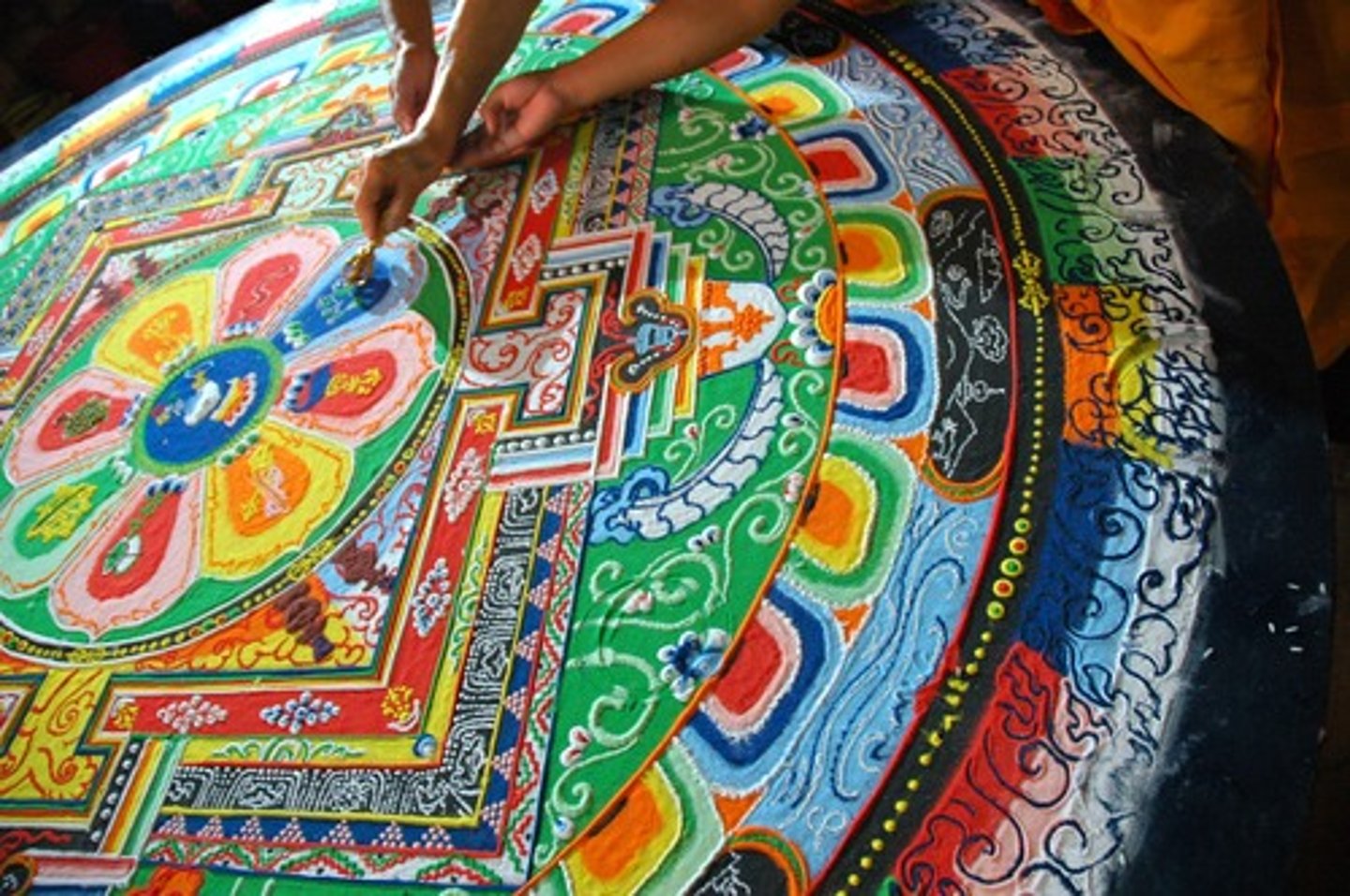
Siddhartha Gautama (the Buddha)
The Indian prince who turned ascetic (ca. 566-486 B.C.E.) who founded Buddhism.
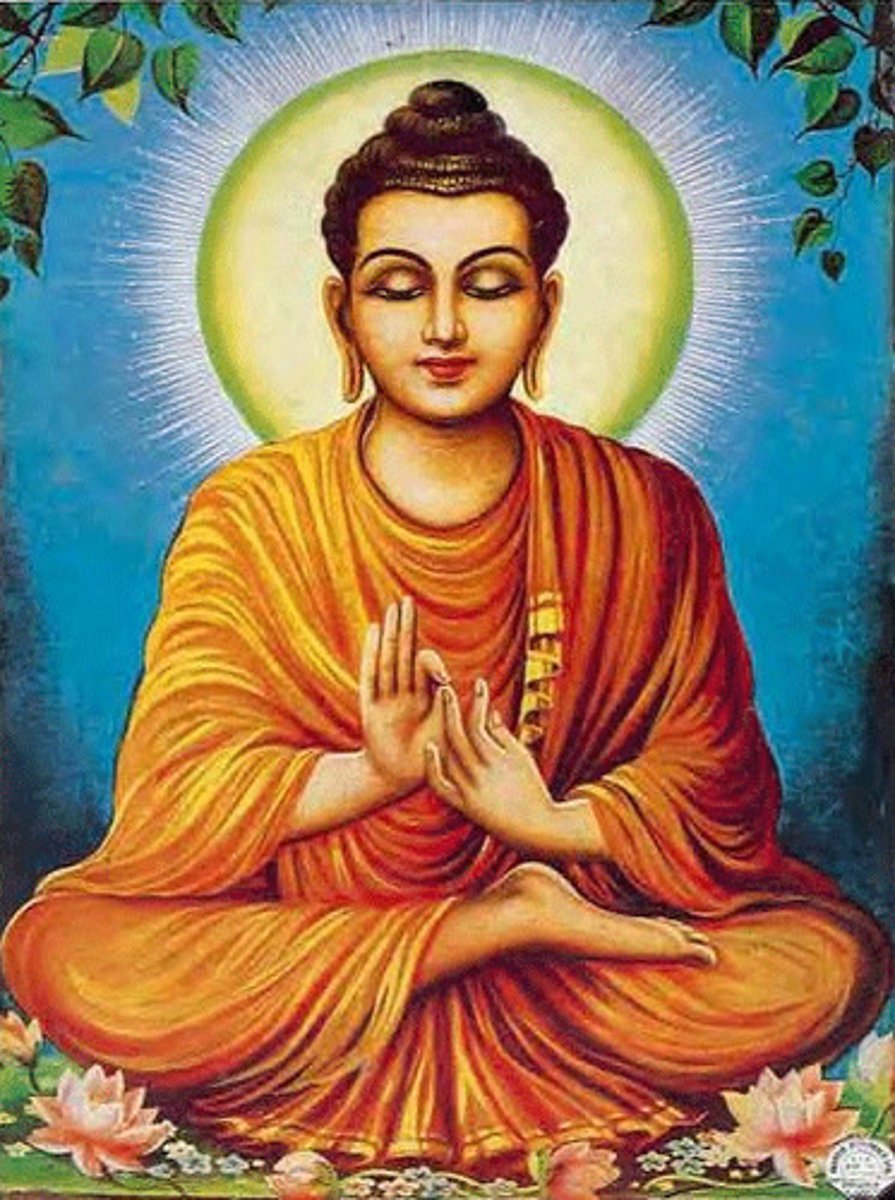
Mahayana
"Great Vehicle," the popular development of Buddhism in the early centuries of the Common Era, which gives a much greater role to supernatural beings and proved to be more popular than original (Theravada) Buddhism.
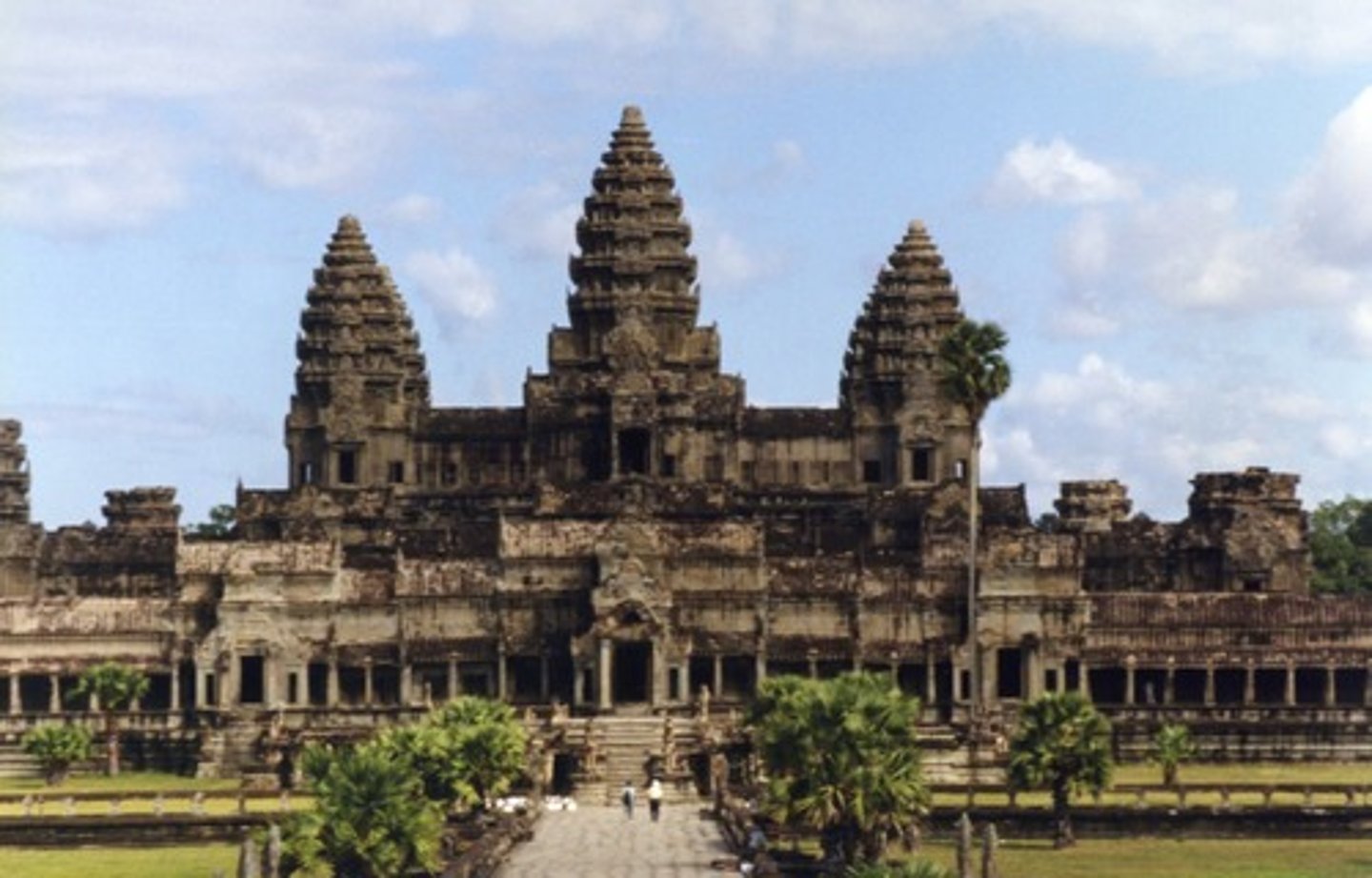
Nirvana
The end goal of Buddhism, in which individual identity is "extinguished" into a state of serenity & great compassion.
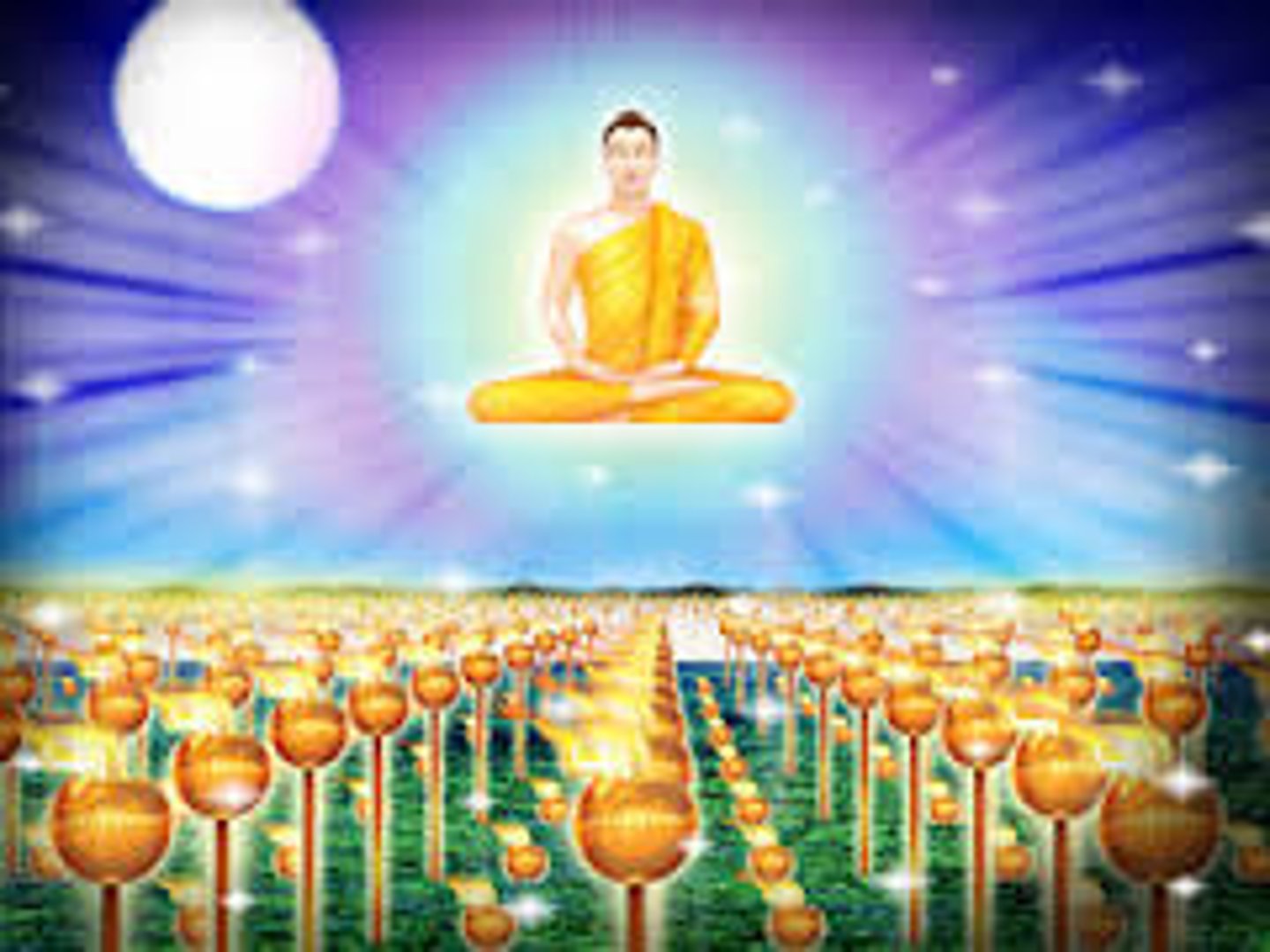
Bhagavad Gita
A great Hindu epic text, part of the much larger Mahabharata, which affirms the performance of caste duties as a path to religious liberation.
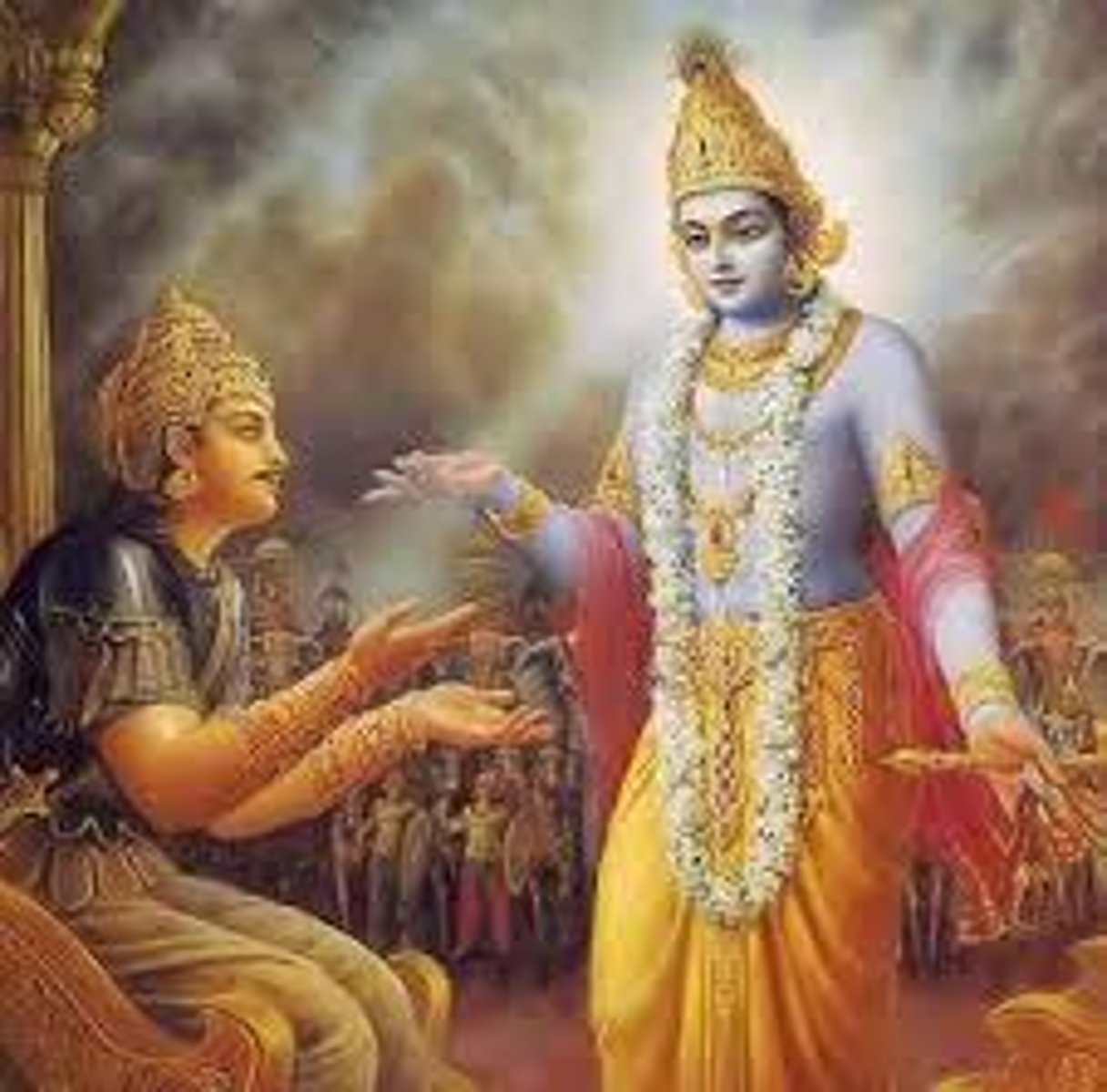
Zoroastrianism
Persian monotheistic religion founded by the prophet Zarathustra.
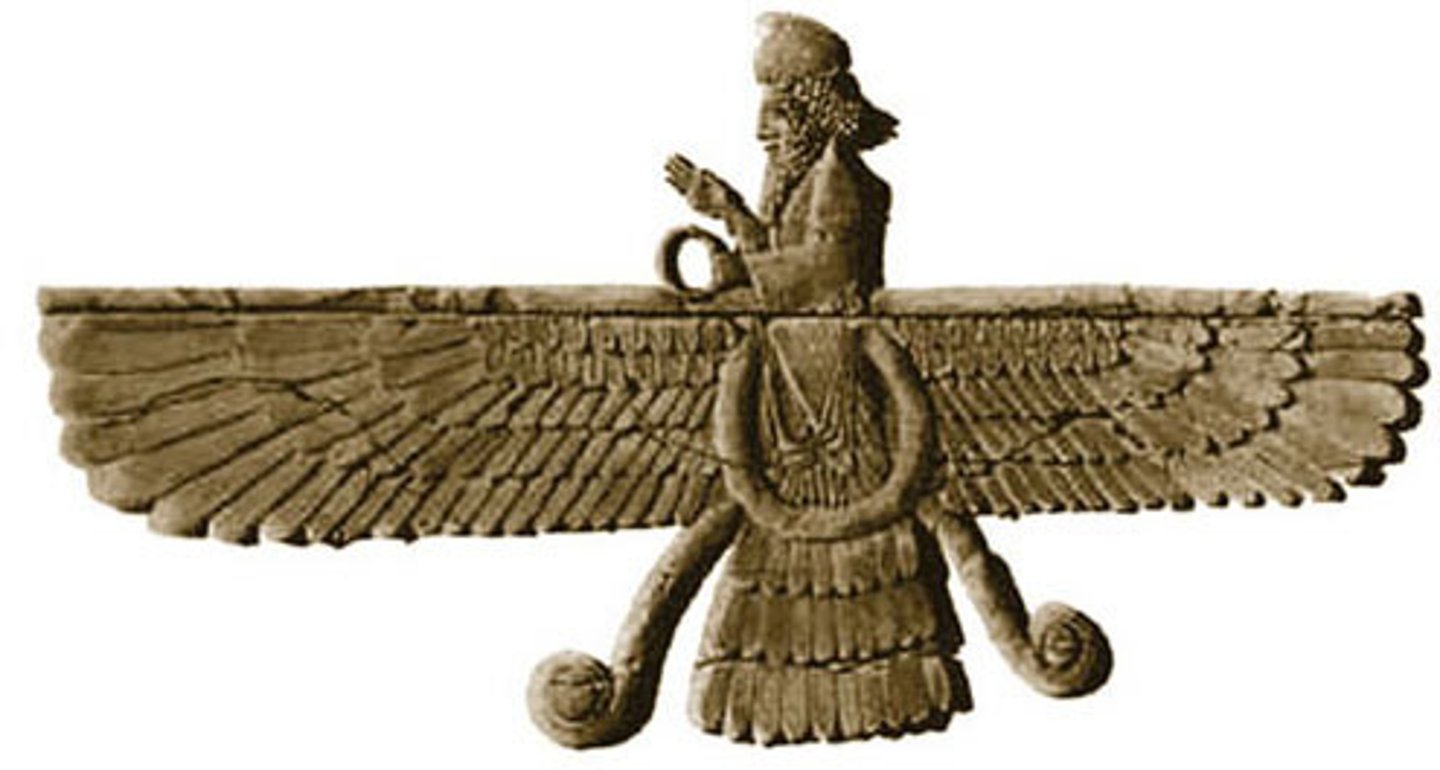
Zarathustra
A Persian prophet, traditionally dated to sixth or seventh century B.C.E. (but perhaps much older), who founded Zoroastrianism.
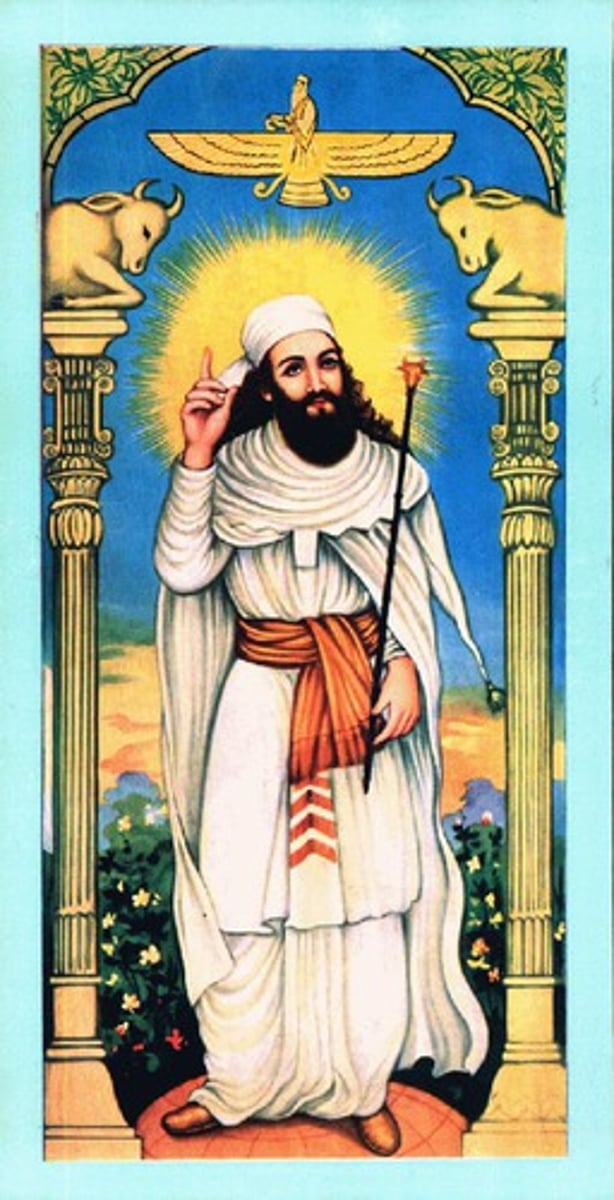
Judaism
The monotheistic religion developed by the Hebrews, emphasizing a sole personal god (Yahweh/YHWH) with concerns with social justice.
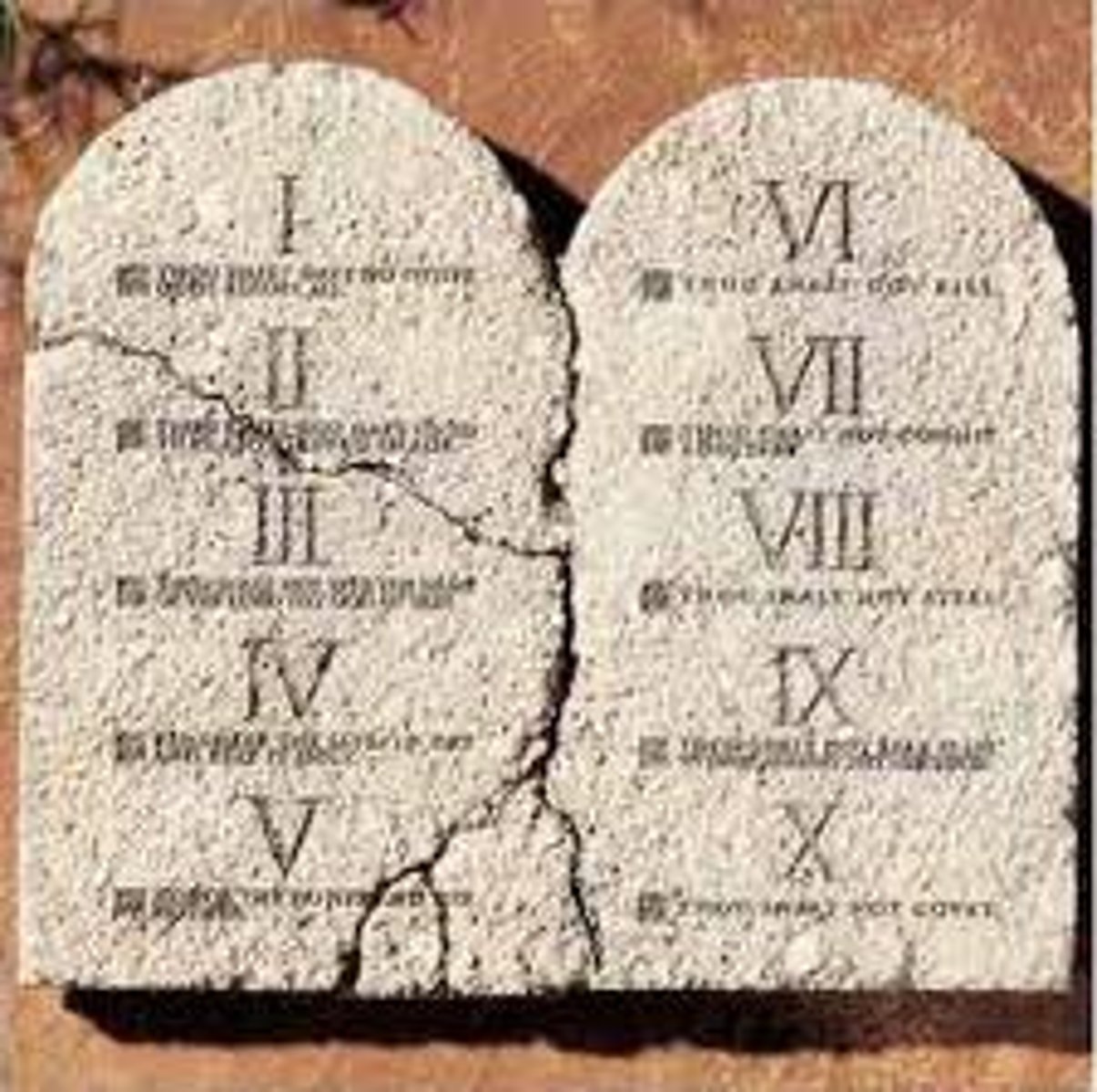
Isaiah
One of the most important prophets of Judaism, whose teachings show the transformation of the religion in favor of compassion and social justice (eighth century B.C.E.)
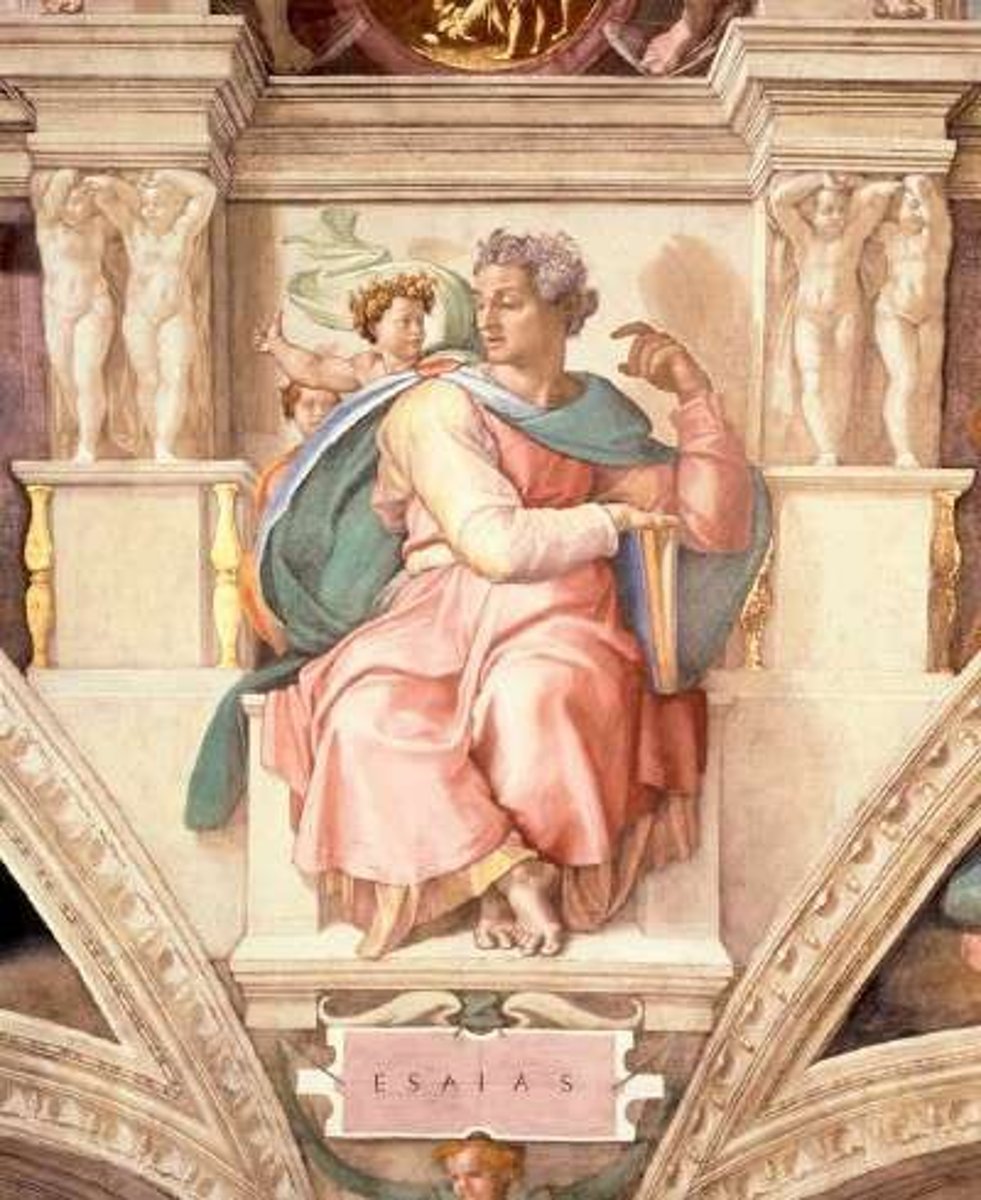
Greek rationalism
A secularizing system of scientific and philosophic thought that developed in Classical Greece in the period 600 to 300 B.C.E.; it emphasized the power of education and human reason to understand the world in nonreligious terms.
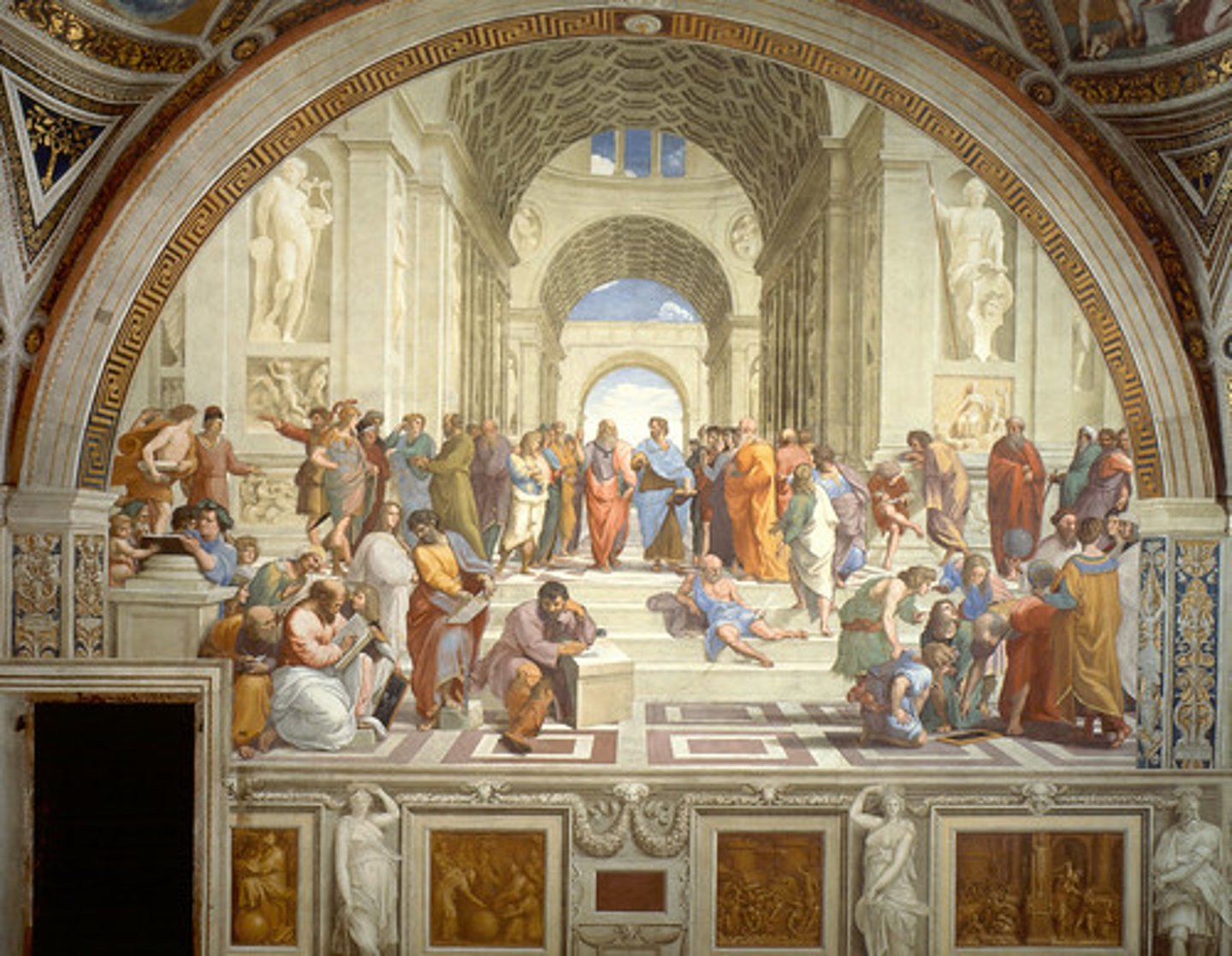
Socrates
The first great Greek philosopher to turn rationalism toward questions of human existence (469-399 B.C.E.)
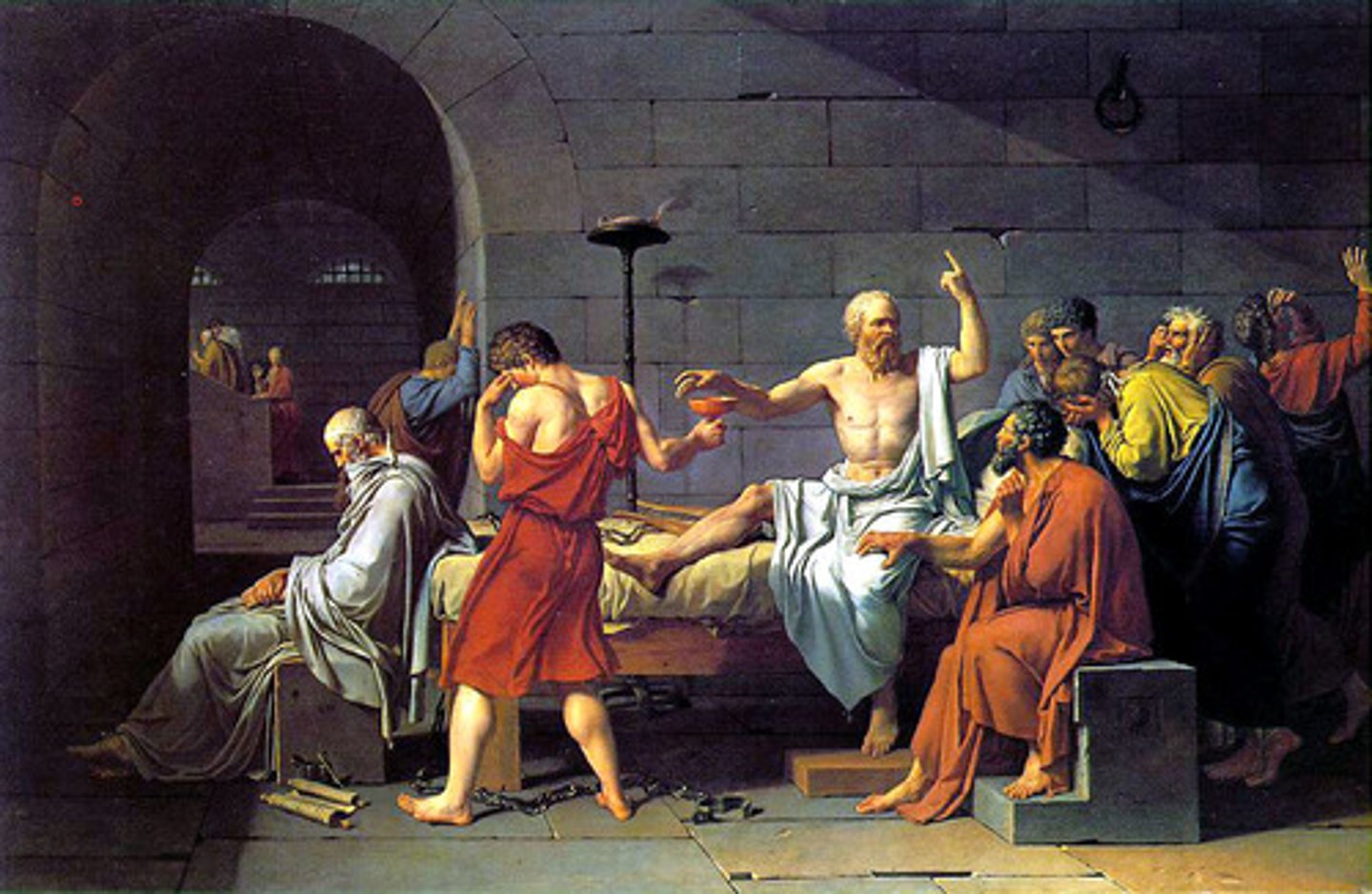
Plato
A disciple of Socrates whose Dialogues convey the teachings of his master while going beyond them to express Plato's own philosophy; lived from 429 to 348 B.C.E.
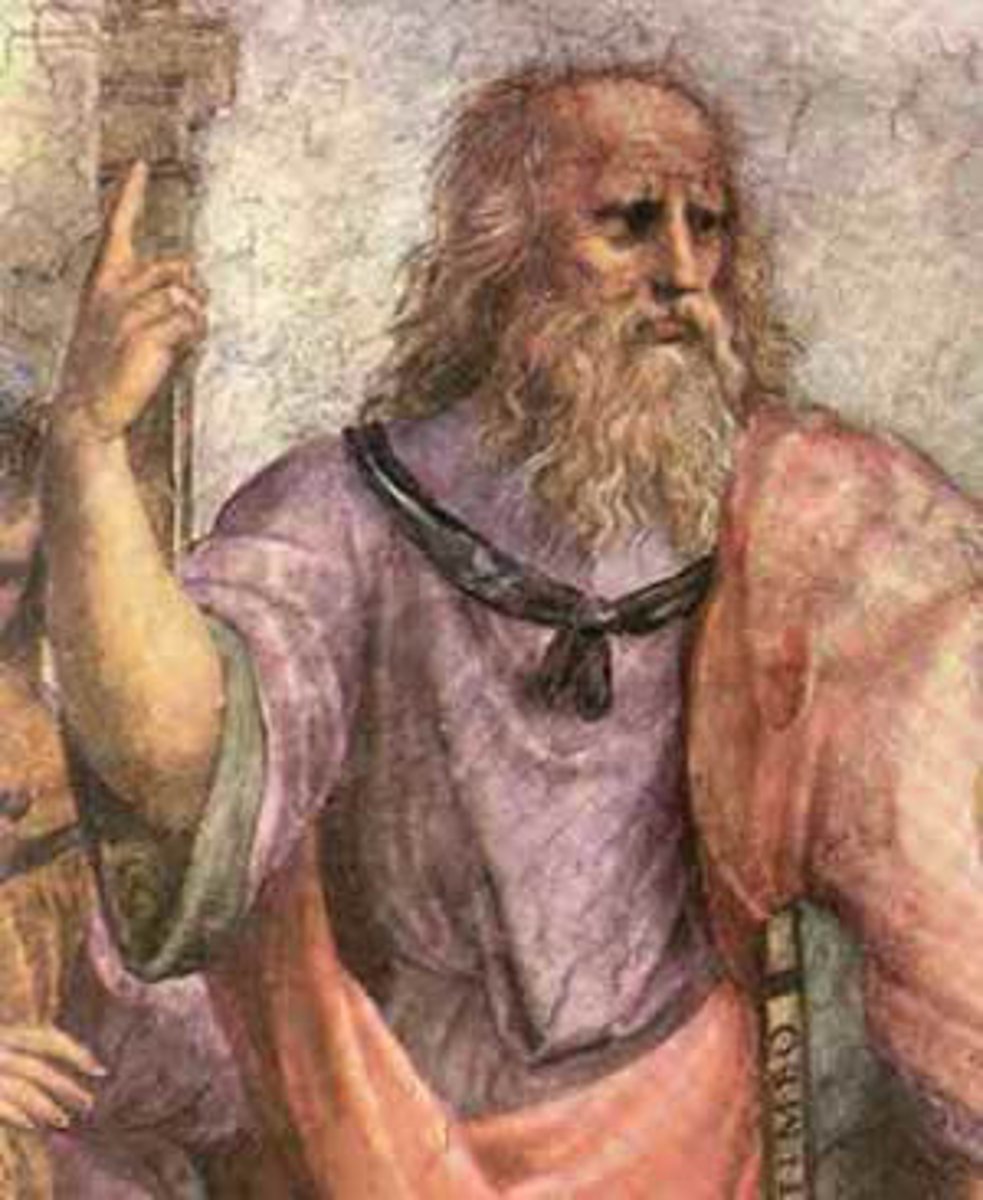
Constantine
Roman emperor (r. 306-337 C.E.) whose conversion to Christianity paved the way for the triumph of Christianity in Europe.
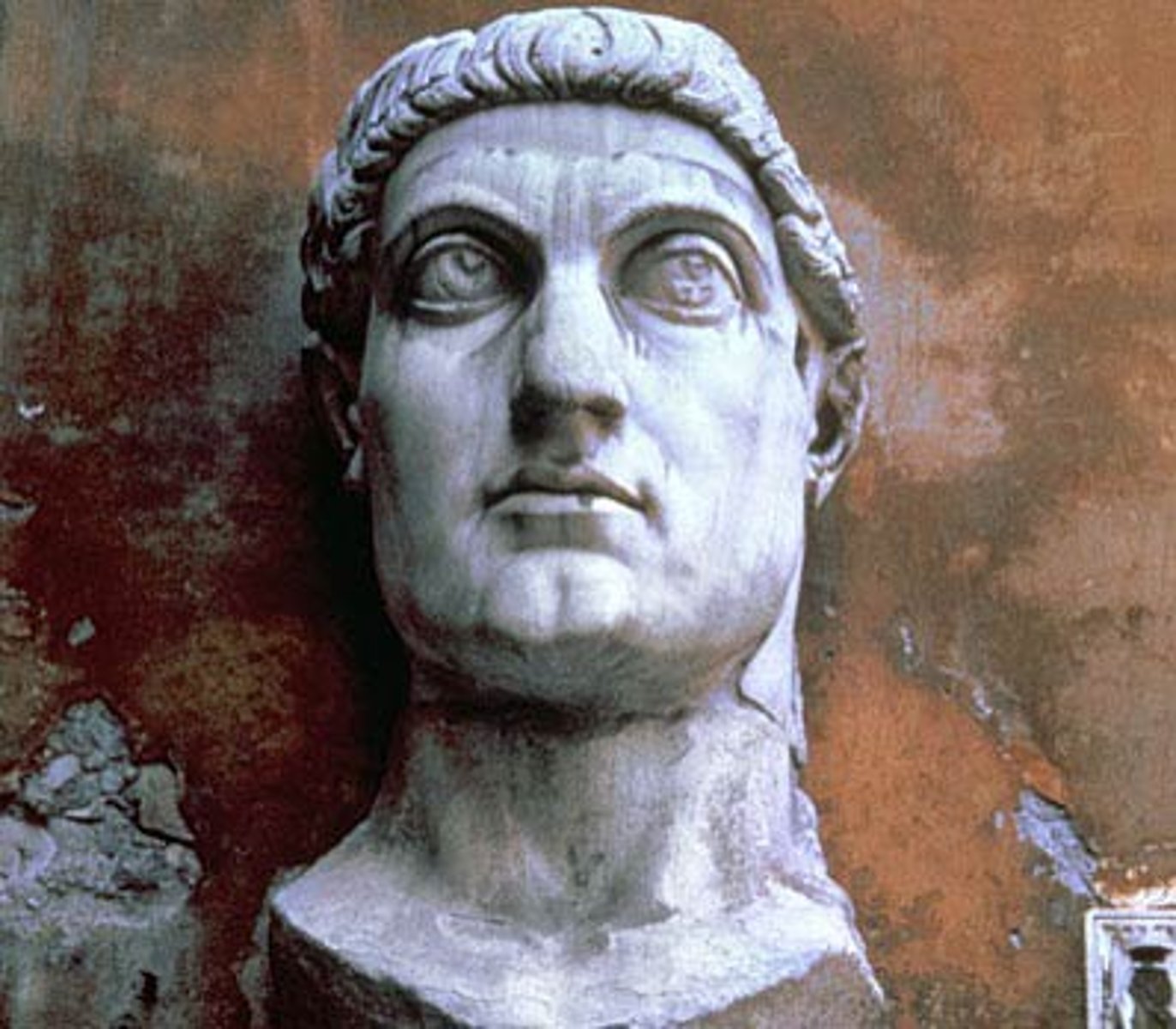
Paul of Tarsus (Saint Paul)
The first great popularize of Christianity (10-65 C.E.)
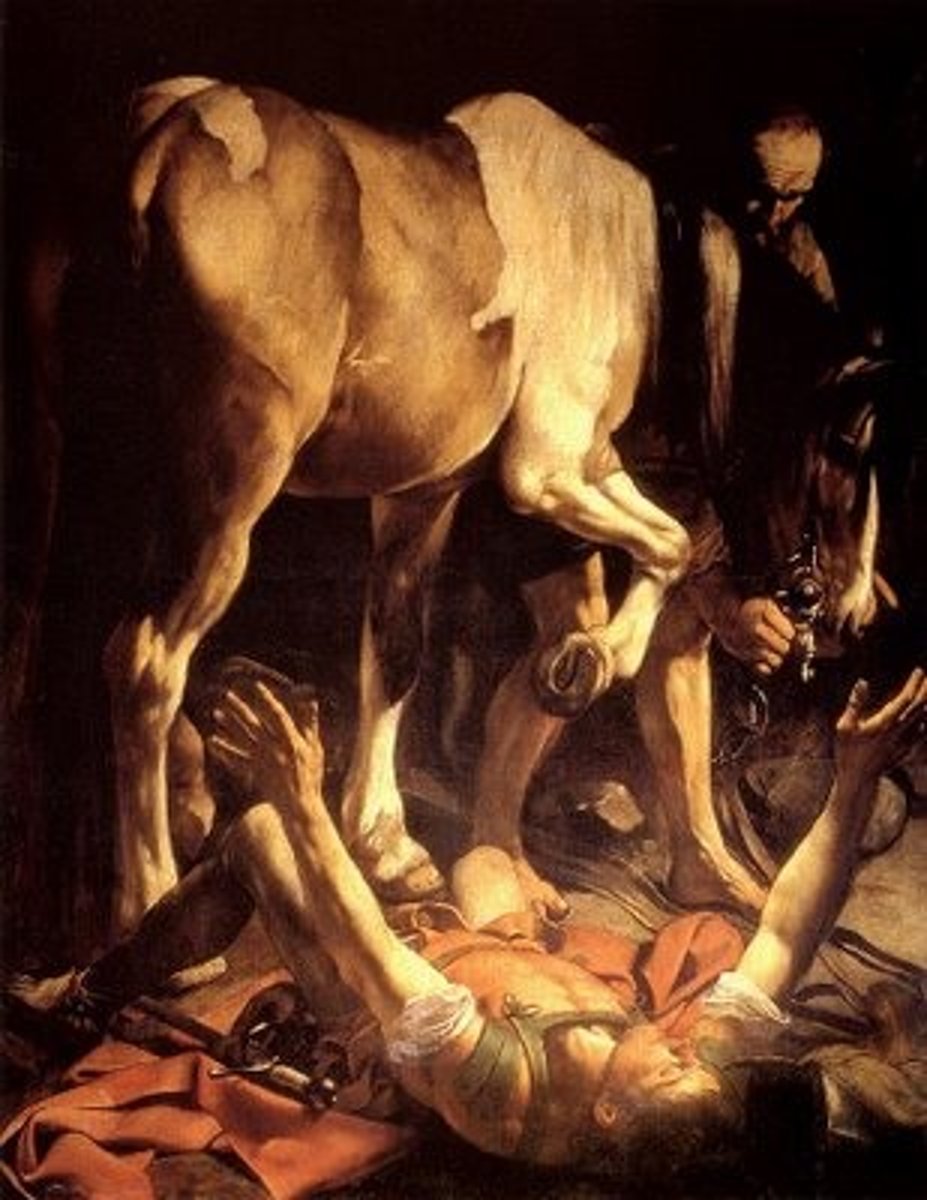
Church of the East
Planted churches in Syria and Persia that were distinct in theology and practice from the Roman Church

Perpetua
Christian martyr (one who was killed for their beliefs) from Carthage. Educated and wealthy, she died being fed to leopards.
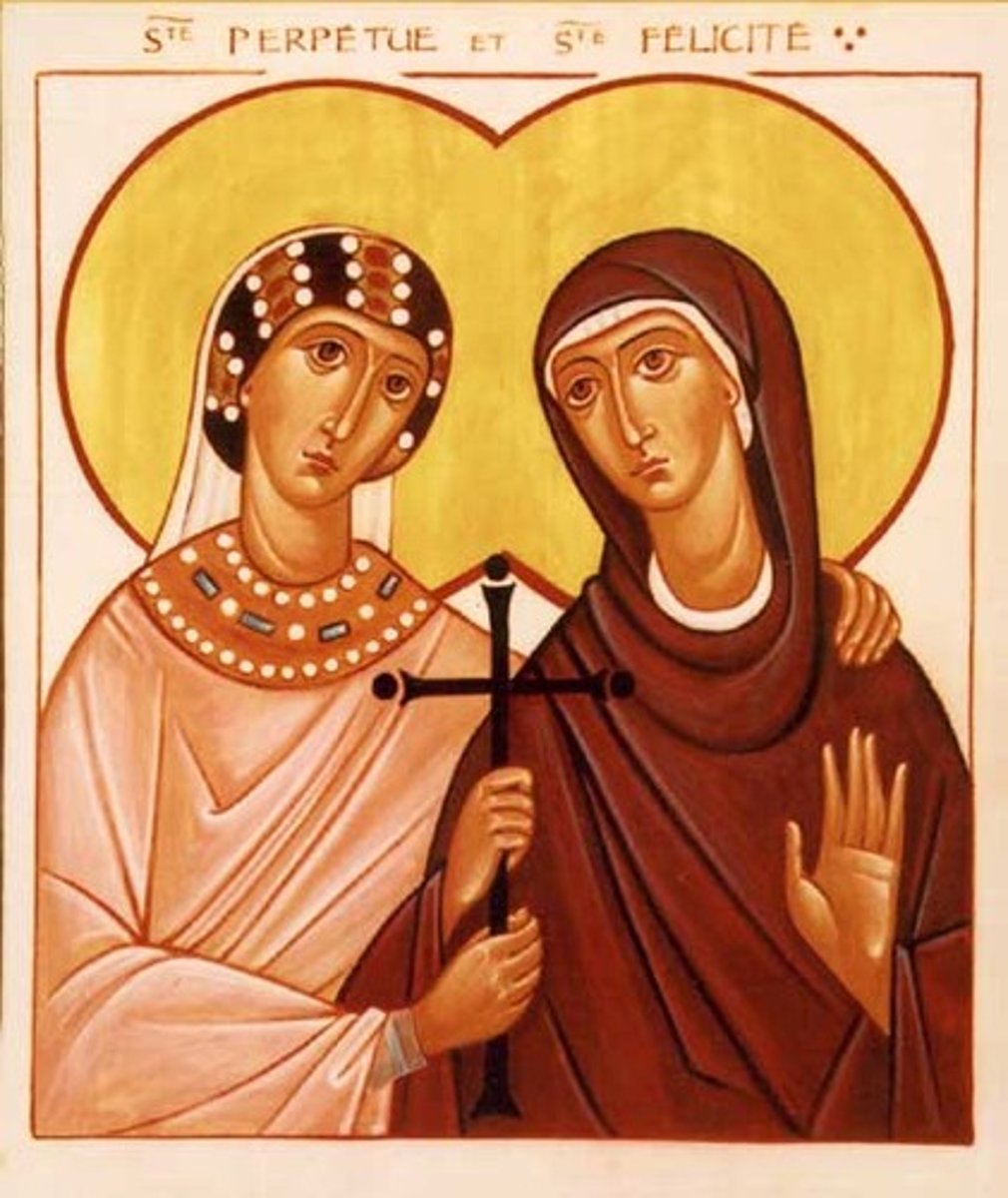
Jesus of Nazareth
The prophet/god of Christianity (ca. 4 B.C.E.-30 B.C.E.).
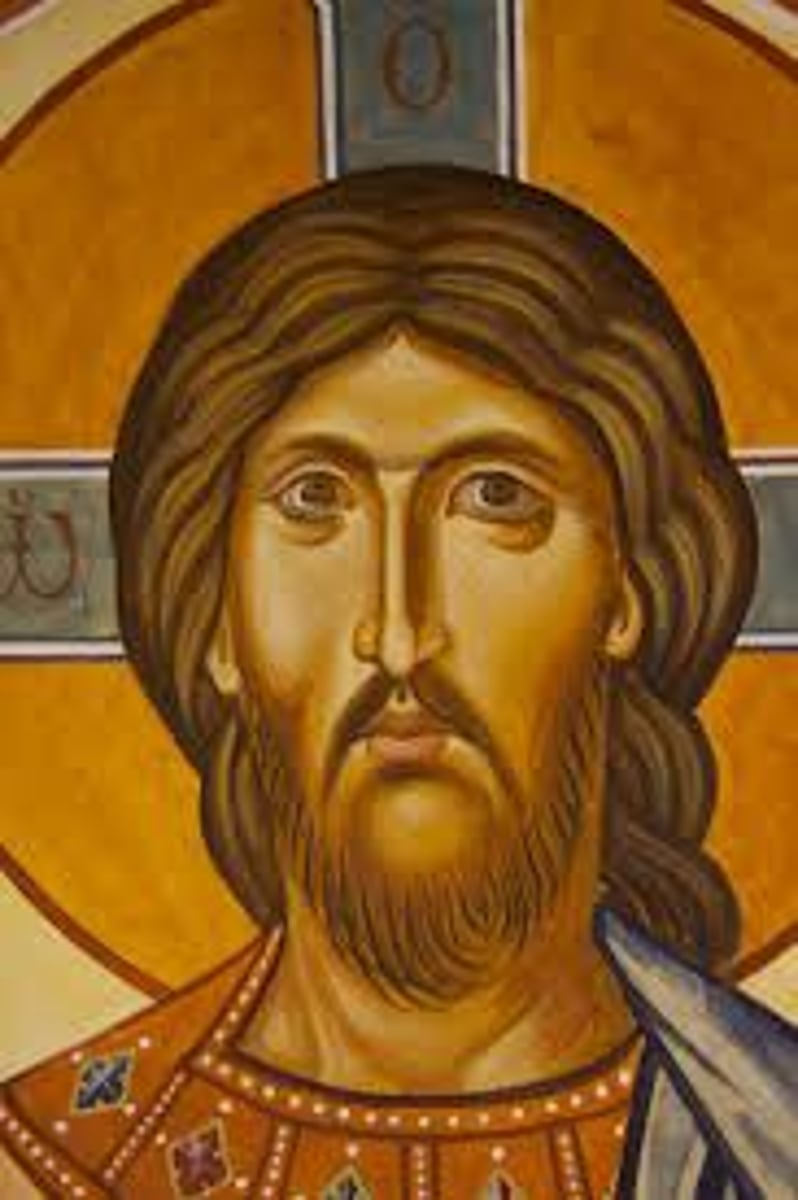
Theodosius
Roman emperor (r. 379-395 C.E.) who made Christianity the official religion of the Roman state, banning all polytheistic rituals.
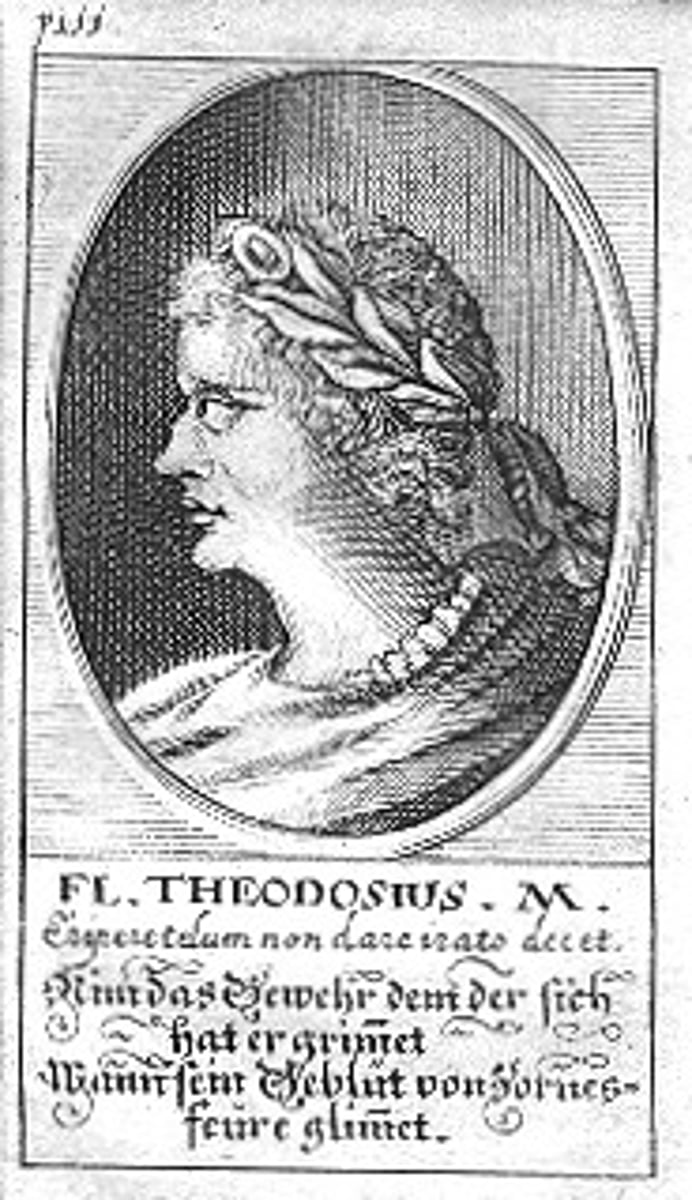
Brahmins
Hindu priests who performed sacrifices and rituals
Brahman
The World Soul; Ultimate reality of Hinduism; goal of hinduism was to achieve moksha and be united with this.
Atman
The human soul; part of Brahman
Moksha
The final goal of hinduism
Samsara
The hindu belief of reincarnation
Karma
In hinduism, a record of one's actions that determined one's future social standing
Dukkha
The Buddhist belief of suffering derived from desire for individual fulfilment
Angra Mainyu
The ultimate evil of Zoroastrianism
Democritus
Suggested the scientific idea that everything is made up of tiny, uncuttable particles called atoms
Hippocrates
Made many medical advancements and came up with the belief that the human body is comprised of four humors
Thales
Predicted an eclipse of the sun, and argued that the moon simply reflected the sun's light
Analects
Books written by Confucius that provided the basics of Confucianism
Bodhisattvas
Spiritually developed people who postpone their own nirvana to help others
Bhakti Movement
Certain members of Hinduism began focusing worship on particular deities
Diaspora
Removal from Homeland